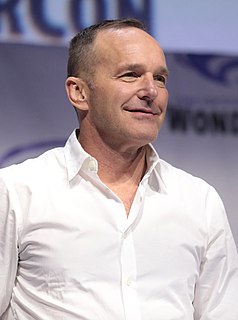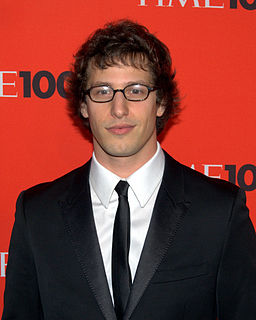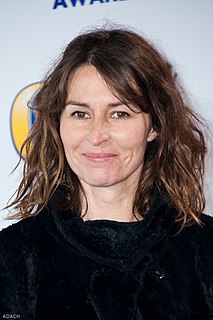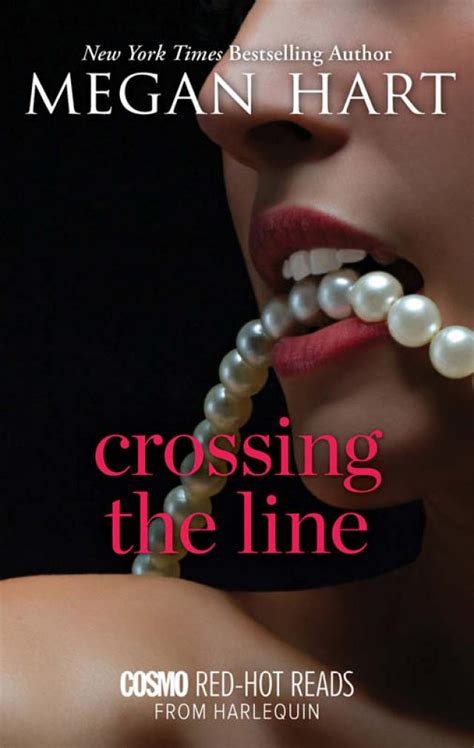A Quote by Clark Gregg
Because I'm stern and scolding [the characters] sometimes, I'm sure I'll get a ton of grief.
Related Quotes
Scolding must be very, very fun, otherwise children would be allowed to do it. It is not because children don’t have what it takes to scold. You need only three things, really. You need time, to think up scolding things to say. You need effort, to put these scolding things in a good order, so that the scolding can be more and more insulting to the person being scolded. And you need chutzpah, which is a word for the sort of show-offy courage it takes to stand in front of someone and give them a good scolding, particularly if they are exhausted and sore and not in the mood to hear it.
The nature of acting is that one is many characters and jumps from one skin to another as a way of life. Sometimes it's hard to know exactly what all of your characters think at the same time. Sometimes one of my characters overrules one of my other characters. I'm trying to get them all to harmonize. It's a hell of a job. It's like driving a coach.
I often talk with other actors about that time when you've just finished a job, because I think you do take on the characteristics of some of the characters you play. Sometimes it can be a great thing and sometimes it's a bit haunting because you're not quite sure how to leave it on set. My dad talks about it as being 'de-personalised.'
If you get the characters right you've done sometimes nearly half the work. I sometimes find I get the characters right then the characters will often help me write the book - not what they look like that's not very important - what people look like is not about their character. You have to describe the shape they leave in the world, how they react to things, what effect they have on people and you do that by telling their story.
Sometimes grief is a comfort we grant ourselves because it's less terrifying than trying for joy. Nobody wants to admit it. We'd all declare we want to be happy, if we could. So why, then, is pain the one thing we most often hold on to? Why are slights and griefs the memories on which we choose to dwell? Is it because joy doesn't last but grief does?
Grief is real because loss is real. Each grief has its own imprint, as distinctive and as unique as the person we lost. The pain of loss is so intense, so heartbreaking, because in loving we deeply connect with another human being, and grief is the reflection of the connection that has been lost. We think we want to avoid the grief, but really it is the pain of the loss we want to avoid. Grief is the healing process that ultimately brings us comfort in our pain.
Grief causes you to leave yourself. You step outside your narrow little pelt. And you can’t feel grief unless you’ve had love before it - grief is the final outcome of love, because it’s love lost. […] It’s the cycle of love completed: to love, to lose, to feel grief, to leave, and then to love again. Grief is the awareness that you will have to be alone, and there is nothing beyond that because being alone is the ultimate final destiny of each individual living creature. That’s what death is, the great loneliness.




































